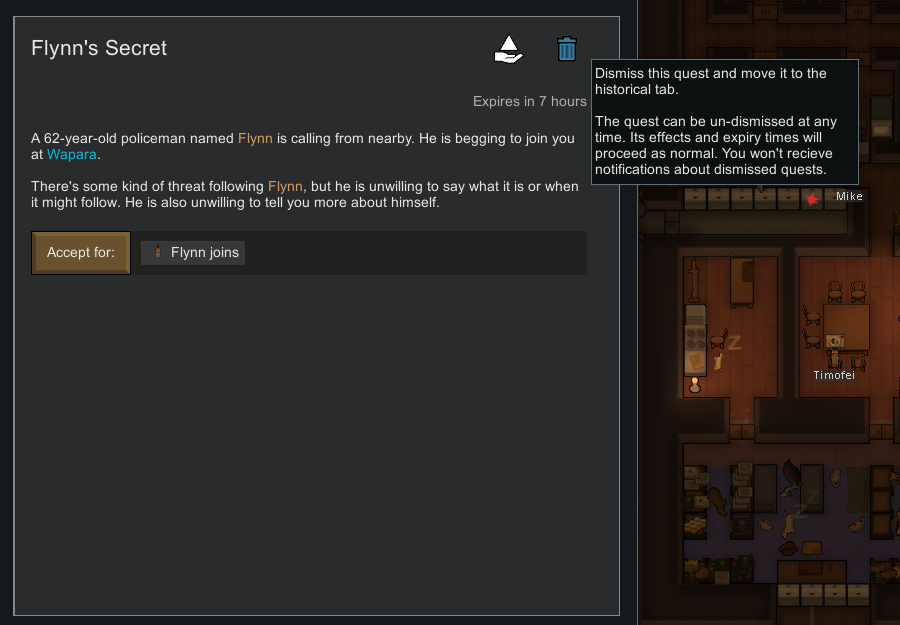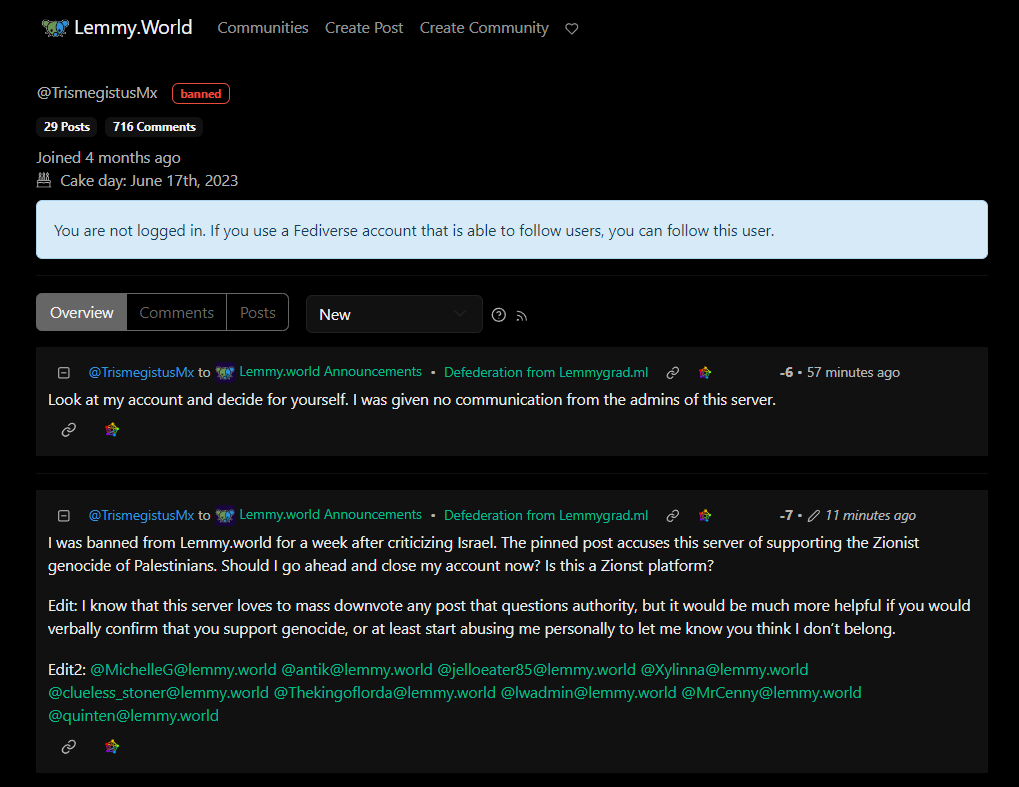https://en.wikipedia.org/wiki/Haavara_Agreement
The agreement enabled Jews fleeing persecution under the new Nazi regime to transfer some portion of their assets to British Mandatory Palestine. Emigrants sold their assets in Germany to pay for essential goods (manufactured in Germany) to be shipped to Mandatory Palestine. The agreement was controversial and was criticised by many Jewish leaders both within the Zionist movement (such as the Revisionist Zionist leader Ze'ev Jabotinsky) and outside it, as well as by members of both the Nazi Party and the German public. For German Jews, the agreement offered a way to leave an increasingly hostile environment in Germany; for the Yishuv, the Jewish community in Palestine, it offered access to both immigrant labour and economic support; for the Germans it facilitated the emigration of German Jews while breaking the anti-Nazi boycott of 1933, which had mass support among European and American Jews and was thought by the German state to be a potential threat to the German economy.
The agreement was controversial both within the Nazi party and in the Zionist movement. As historian Edwin Black put it, "The Transfer Agreement tore the Jewish world apart, turning leader against leader, threatening rebellion and even assassination." Opposition came from the mainstream US leadership of the World Zionist Congress, in particular Abba Hillel Silver and American Jewish Congress president Rabbi Stephen Wise. Wise and other leaders of the Anti-Nazi boycott of 1933 argued against the agreement, narrowly failing to persuade the Nineteenth Zionist Congress in August 1935 to vote against it.
The right-wing Revisionist Zionists and their leader Vladimir Jabotinsky were even more vocal in their opposition. The Revisionist newspaper in Palestine, Hazit Haam published a sharp denunciation of those involved in the agreement as "betrayers", and shortly afterwards one of the negotiators, Haim Arlosoroff was assassinated.





Zionism predates fascism, but they're inextricably intertwined ever since the Haavara Agreement.